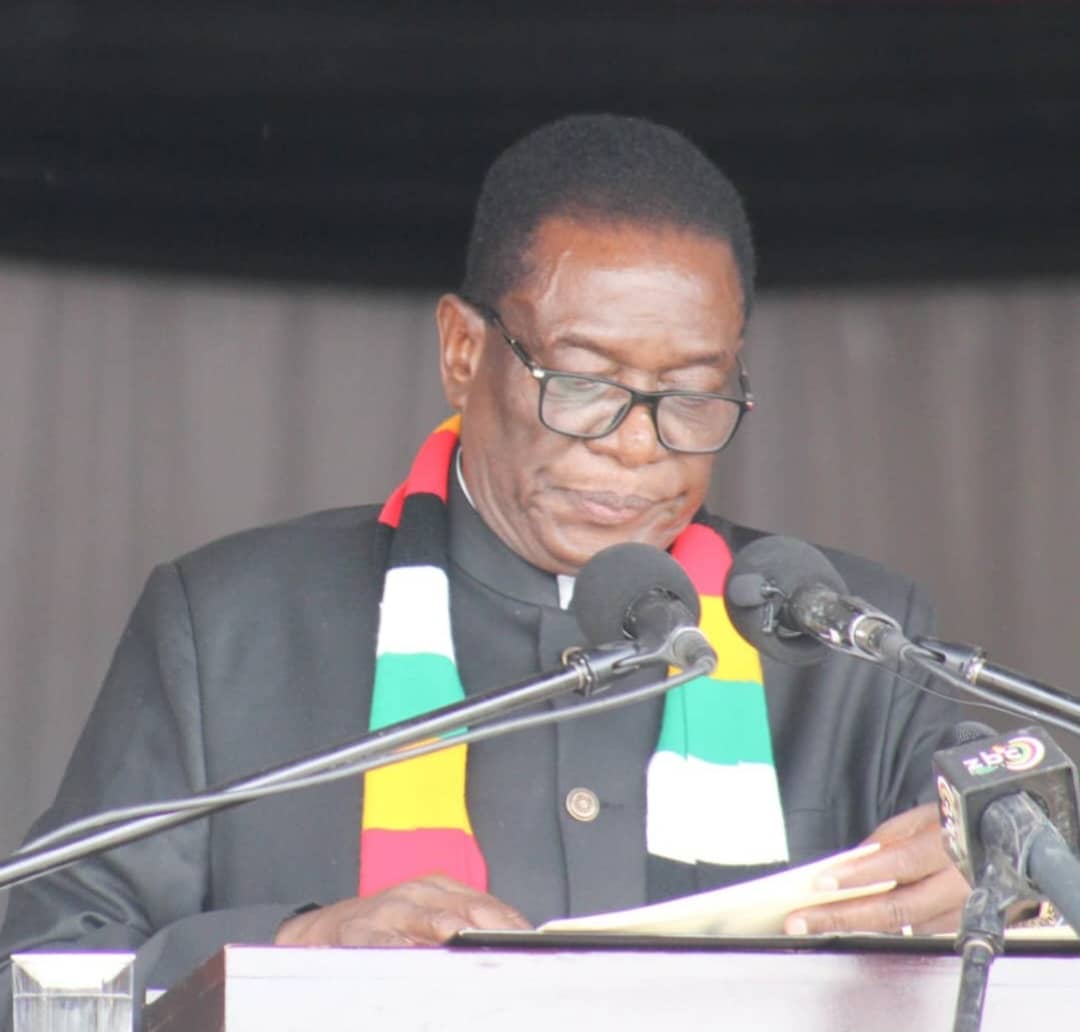By Clever Marisa
Zimbabwe has experienced notable shifts in its developmental landscape under President Emmerson Mnangagwa, whose leadership continues to shape the nation’s trajectory toward modernisation and economic recovery. As Zimbabwe positions itself to attain upper-middle-income status by 2030, its governance approach, marked by engagement, inclusivity and a focus on practical progress, has inspired renewed hope among many citizens. The developments taking place across various sectors illustrate a clear commitment to national growth and long-term transformation.
One of the most significant demonstrations of public unity around national issues was the recent Anti-Sanctions Day, where Zimbabweans from diverse backgrounds gathered to express opposition to the economic sanctions imposed on the country by Western nations. Many view these sanctions as restrictive measures that have contributed to constrained economic activity and slowed national development.
The collective stance taken by citizens reflects a broader willingness to support ongoing efforts aimed at improving the nation’s economic environment. President Mnangagwa’s continued engagement with the international community, as well as his diplomatic appeals for the unconditional removal of these measures, forms part of a broader strategy to create space for economic reform and sustainable growth.
Central to the President’s leadership philosophy is the emphasis on inclusivity and empowerment. His open-door policy encourages citizens across all sectors: youth, women, professionals, traditional leaders and the business community, to participate actively in developmental processes. This collaborative approach aims to cultivate a sense of national ownership and ensure that progress reflects broad societal contributions.
The call for innovation, in particular, has catalysed change, with various communities and institutions embracing new ways of addressing national challenges. Visible examples of this momentum can be seen in infrastructure developments such as the new parliamentary building, ongoing road rehabilitation projects and the upgrade of key facilities, including the Victoria Falls International Airport.
President Mnangagwa’s leadership style is often described as a blend of consultation, accessibility and long-term vision. His readiness to engage with diverse groups and his commitment to practical solutions have earned him recognition among supporters who view his approach as responsive to the needs of the nation. This leadership style is rooted in the belief that Zimbabwe’s advancement depends on empowering citizens and fostering an environment where people have the means and opportunities to contribute meaningfully to national development.
This vision is reflected in initiatives designed to enhance economic participation. The “Zimbabwe is open for business” mantra underscores efforts to attract investment, stimulate industrial growth and expand opportunities for entrepreneurship. To broaden access to economic resources, government-backed institutions such as the Women’s Bank and the Youth Development Fund were established to support financial inclusion and skills development. These initiatives aim to equip historically marginalised groups with the tools needed to participate more effectively in national economic activities.
As Zimbabwe advances toward its 2030 development aspirations, the role of the private sector remains crucial. Many companies have begun aligning their activities with national development goals by investing in infrastructure, technology and production capacity. Such cooperation is essential for sustaining economic growth and ensuring that progress is shared across sectors. The pathway toward an upper-middle-income society will require coordinated effort, and partnerships between government, business and communities form a critical part of this journey.
Although challenges remain, particularly in relation to economic pressures, global market dynamics and infrastructural demands, many believe that strong and focused leadership provides the foundation needed to navigate these obstacles. The determination to strengthen institutions, reform key sectors and stimulate broad-based growth is seen as part of the long-term national agenda under President Mnangagwa’s leadership.
In conclusion, President ED Mnangagwa’s leadership has been characterised by efforts aimed at national development, empowerment and re-engagement with global partners. The progress recorded in several areas reflects a commitment to steering the country toward a more stable and prosperous future. As Zimbabwe continues to pursue its Vision 2030 goals, cooperation among citizens, communities, and institutions remains essential. With continued focus and coordinated effort, the nation aims to build on its progress and move steadily toward a more resilient and developed Zimbabwe.
By Clever Marisa (PhD), Social Scientist and Public Health Practitioner. The views expressed are his own and do not necessarily reflect those of any affiliated institution or organisation.
